Although the global electric vehicle market is entering a period of slowing growth, the race for battery technology, a key factor shaping the future of the automotive industry, has not cooled down. The focus at the moment is on solid-state batteries, a technology expected to open a new era for electric vehicles with a travel range of up to 1,000 km on a single charge.
Solid-state battery technology, a "strategic weapon" in the automotive industry
Solid-state batteries are considered the next generation of traditional lithium-ion batteries. With greater energy storage capacity, lighter weight and less risk of explosion, this technology promises to completely change the way electric vehicles operate and are designed. More importantly, it solves common user concerns such as long charging time, limited travel range and battery durability.
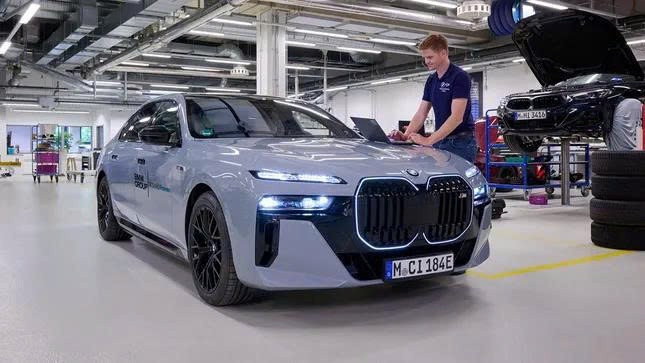
That's why, despite slowing consumer demand, major global auto corporations are still investing billions of dollars to gain an advantage in the solid-state battery race.
In Europe, BMW is one of the leading manufacturers in the process of realizing solid-state batteries. Recently, the company began testing a special edition i7 electric sedan in Munich, using a solid-state battery developed by Solid Power (USA). This is a stepping stone for the new Neue Klasse electric vehicle platform, expected to be launched in the coming years.
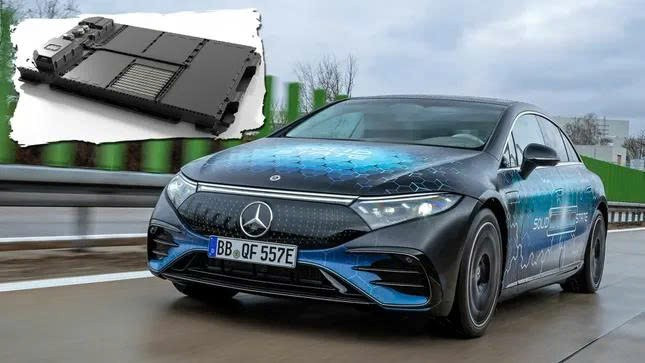
Mercedes-Benz is not out of the game either. Since early 2025, the company has been testing the EQS model using solid-state batteries supplied by Factorial Energy. The new batteries have up to 25% higher energy density than current batteries, allowing the car to travel further without adding weight. Mercedes hopes that this technology will open up new directions in vehicle design, while improving safety standards and saving space.
Meanwhile, Stellantis, which owns brands such as Peugeot, Jeep and Fiat, is also accelerating its cooperation with Factorial, with plans to begin testing solid-state batteries on a real scale in 2026.
Japan accelerates, China counterattacks
Not wanting to be left behind, Japanese manufacturers such as Toyota, Nissan and Honda have all announced their roadmaps for developing solid-state batteries. Toyota aims to commercialize the technology by 2027, while Nissan aims for 2028. Honda is quietly researching to apply it not only to cars but also to electric motorbikes.
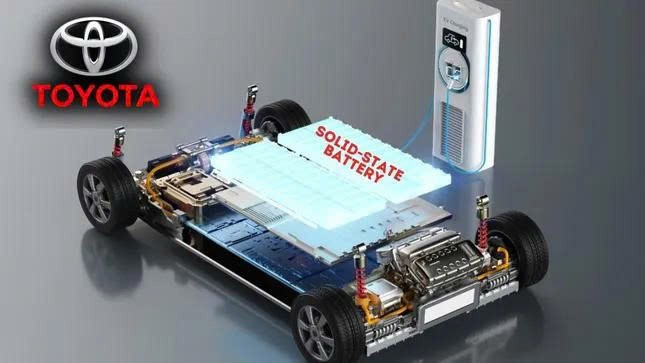
However, experts say Japanese companies will face significant challenges from China, where giants such as CATL, BYD and Nio are both competing and forming alliances to promote faster commercialization of solid-state batteries.
In particular, CATL, the world's largest battery manufacturer, is developing many breakthrough technologies such as lithium metal batteries, super-capacity dual batteries and durable sodium-ion batteries, extending the vehicle's operating range to 1,500 km. This is the pressure that forces Western and Japanese manufacturers to act quickly if they do not want to lose their position.
Despite its huge potential, solid-state batteries still face many hurdles: high production costs, complex manufacturing techniques, and uncertain lifespans when mass-produced. However, most companies have determined that this is a worthy gamble because whoever gets there first could reshape the entire electric vehicle market in the next decade.
Stellantis's vision is clear: “Solid-state batteries not only increase range, but are also key to reducing costs, cutting carbon emissions and expanding manufacturers' options, from size to design.”
Source: https://khoahocdoisong.vn/cuoc-dua-pin-the-ran-oto-dien-sap-cham-moc-1000-km-post1551570.html


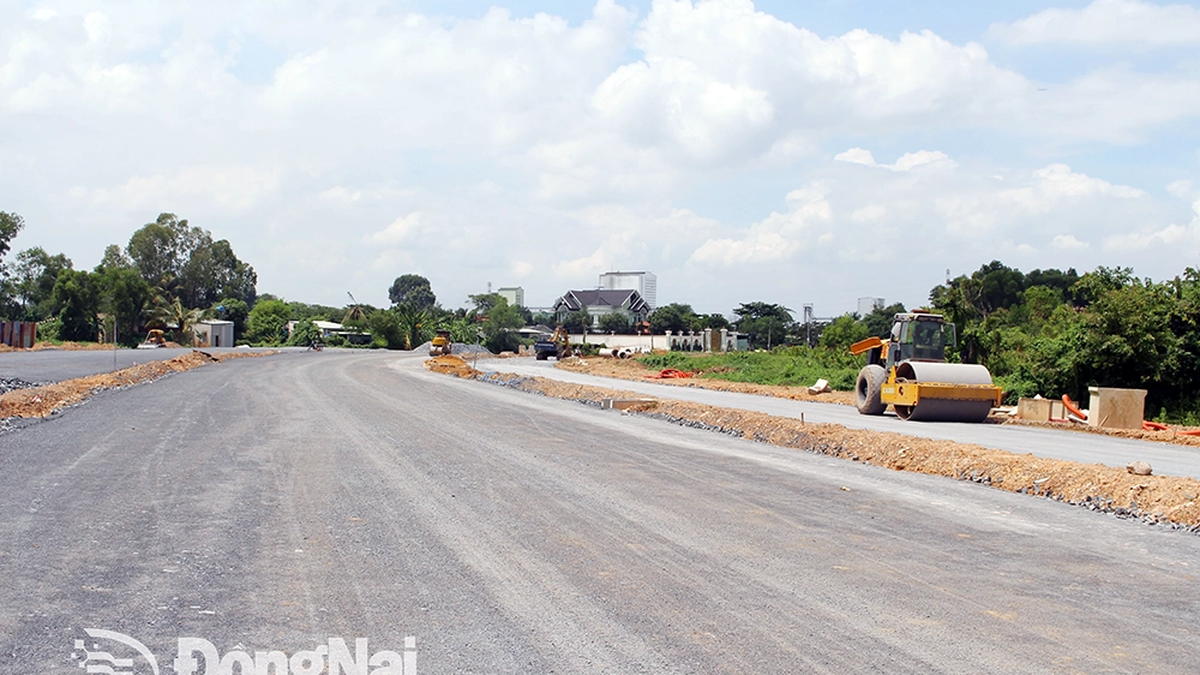
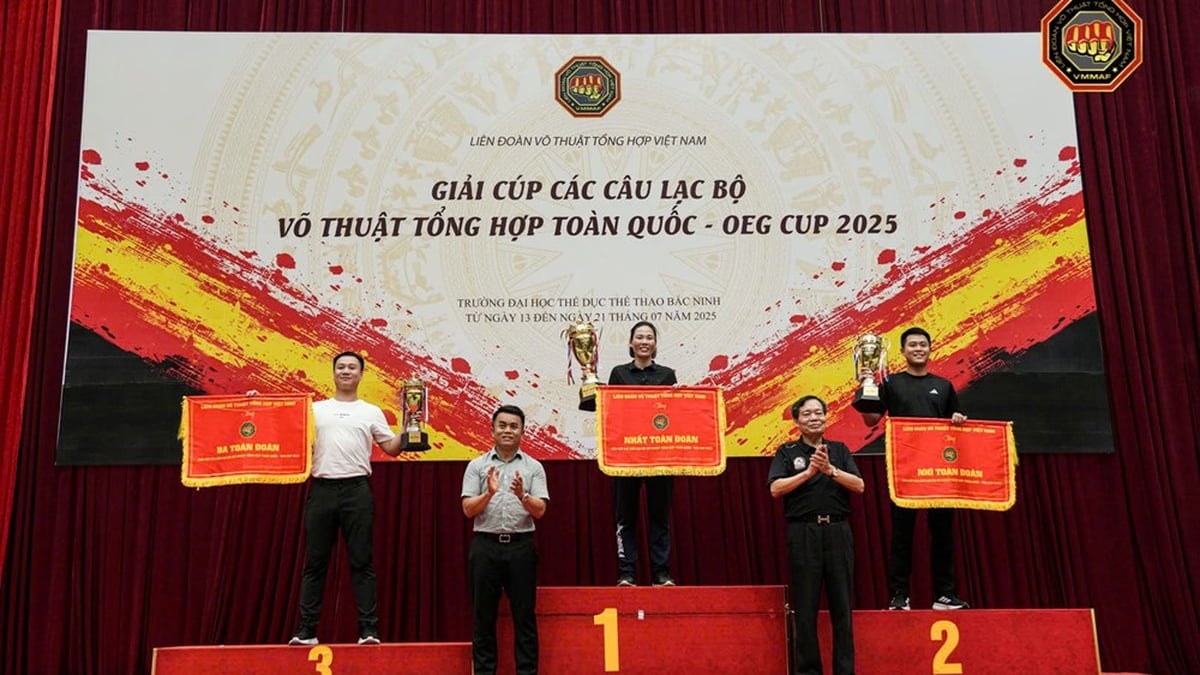



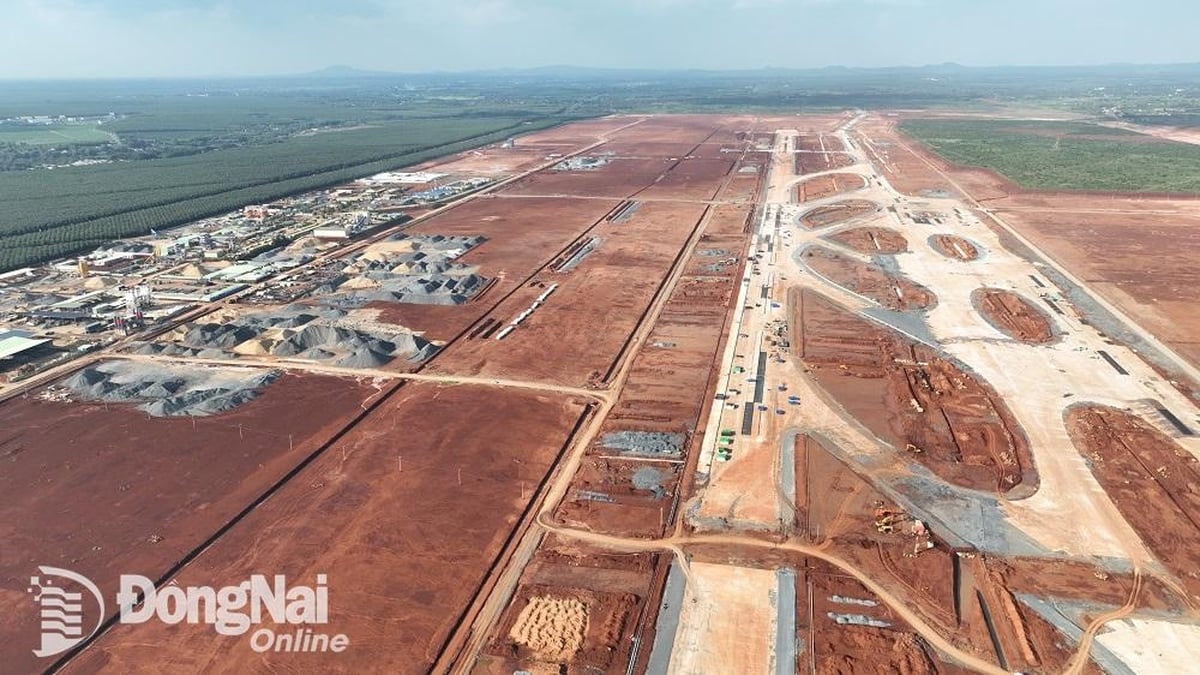














![[Photo] National Assembly Chairman Tran Thanh Man visits Vietnamese Heroic Mother Ta Thi Tran](https://vphoto.vietnam.vn/thumb/1200x675/vietnam/resource/IMAGE/2025/7/20/765c0bd057dd44ad83ab89fe0255b783)










































































Comment (0)